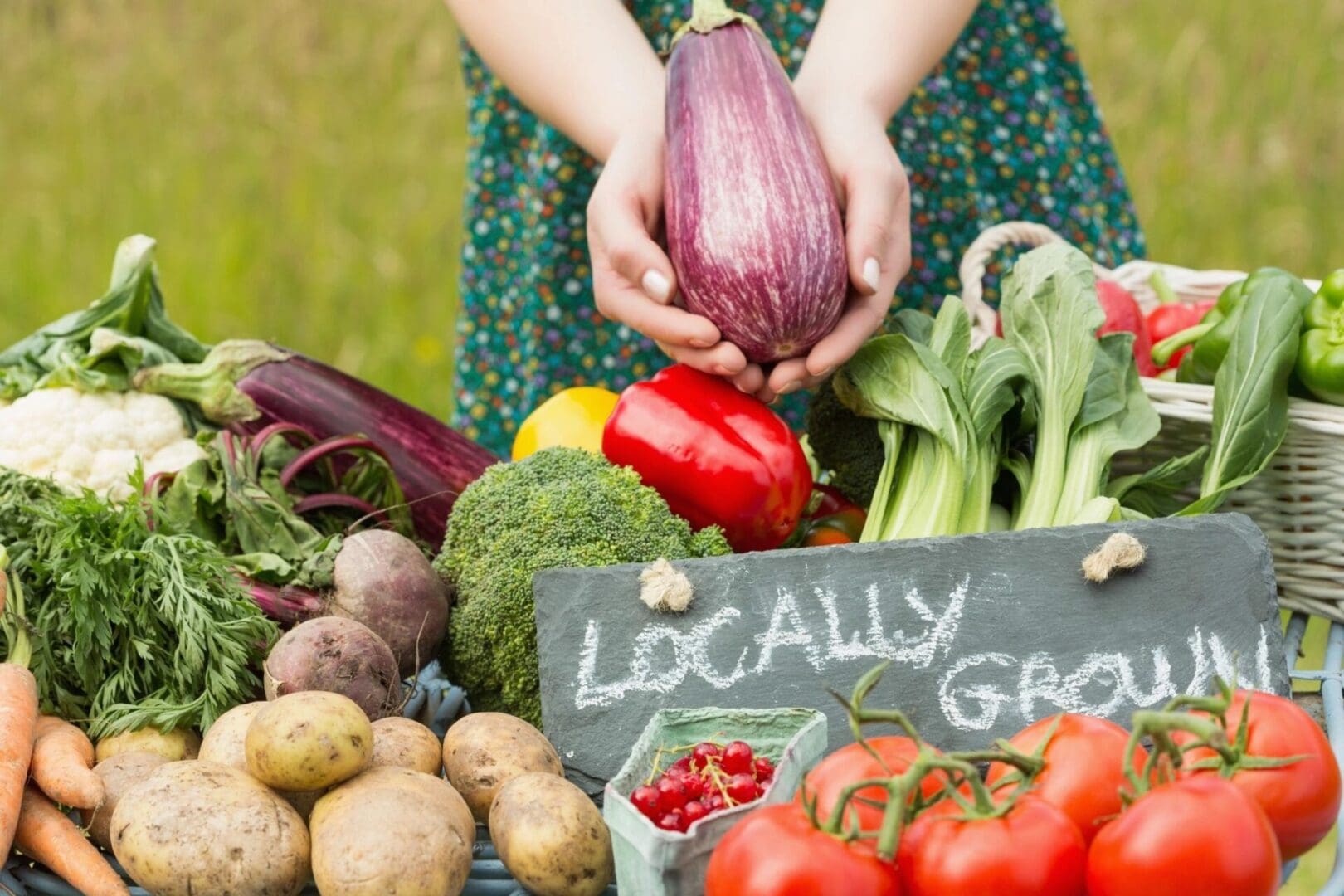Search Posts
Recent Posts
- Dr. Rosemary Costigan Named President of Community College of Rhode Island June 19, 2025
- RI Veterans: Did you know? 19.06.25 (Military Funerals, Job Fair, Benefits, Events) – John A. Cianci June 19, 2025
- East Providence First in U.S. to Equip All Firefighters with PFAS-free Gear June 19, 2025
- We Cook! Mill’s Tavern Saffron Bouillabaisse with Tarhana Lobster Jus June 19, 2025
- Rhode Island Weather for June 19, 2025 – Jack Donnelly June 19, 2025
Categories
Subscribe!
Thanks for subscribing! Please check your email for further instructions.

To Do in RI: Pop-Up Farmers Market fun in Providence from Bami Farms, Johnston
Advocates and constant servers to Rhode Island’s growing African community, the African Alliance of Rhode Island (AARI) are stewards of the six acre Bami Farm in Johnston, RI, and creator of the Pop-Up Farmers Market serving as an oasis in the City of Providence’s fresh produce desert.
On a mission to connect community through art, food, culture, & health, summed up in the motto: “Growing Healthier Together“ Together”, the African Alliance of Rhode Island launches the 2024 season of their popular Pop-Up Farmers Market on Saturday, June 22 at the Gateway Center at the entrance of Roger Williams Park, 1197 Broad Street in Providence.
Locally harvested vegetables and music will serve as a backdrop as the AARI staff builds awareness amongst visitors about where the foods they consume are sourced, as part of AARI’s Food Is Medicine Campaign. “Visitors are amazed to discover how far the foods they purchase actually travel before it reaches their table, as compared to fresh, locally grown produce,” says Pop-Up Market Manager Yanel Severino.
AARI’s pop-up market is stocked from the basics ranging from carrots and onions, to culturally relevant staples, such as a variety of peppers, greens, and root vegetables native to members of Rhode Island’s growing African community.
Locally grown produce are transformed into six distinct products manufactured locally at Harvest Kitchen, that include: Carrot-apple jam, Pickled Garden Eggs, Pickled Okra, and a spicy Bitter Ball Relish.
This spring the Alliance celebrates twenty years of serving Providence’s multicultural neighborhoods with local, healthy, and culturally appropriate foods. “You won’t find produce like our’s anywhere else”, says African Alliance of Rhode Island Executive Director and Bami Farm creator, Julius Kolawole.
Bami Farm sits on six and a half acres of leased farmland in Johnston to provide plots of land for African immigrants to grow. As of 2018, Bami Farm, as well as the many community gardens AARI established, has enabled community members to gain autonomy over their health by growing their own food in communal spaces. Additionally, farmers who started in these community gardens in Providence have been able to expand, grow, and sell larger quantities of produce because of the Johnston, Rhode Island farm.
“Our ability to sell and grow produce has also allowed us to donate produce and collaborate with local fishermen to make fish available, contributing to food access and nutrition in resource centers such as elderly centers and churches, and making a significant impact in local neighborhoods,” added Julius.
For additional information on the Pop-Up Market and other African Alliance of Rhode Island programs visit www.africanallianceri.org or contact Yanel Severino at 401-331-5535.
ABOUT AFRICAN ALLIANCE OF RHODE ISLAND
Celebrating twenty (20) years of community service and 6 years of making fresh local produce accessible through pop-up farmers’ markets, the African Alliance of Rhode Island was established in 2004.
Governed by an eleven-member Board of Directors, the tenets of programming include health, culture, art and food, the Alliance promotes unity within the African Communities in Rhode Island, advocates for the rights of Rhode Island’s African residents while educating and elevating the profile of the continent and facilitating linkages between Americans and Africans with service in the areas of health and nutrition education, literacy and youth programs and access to resources that promote self-sufficiency.
